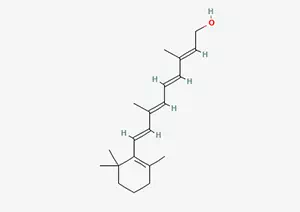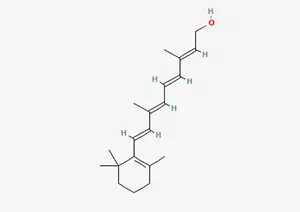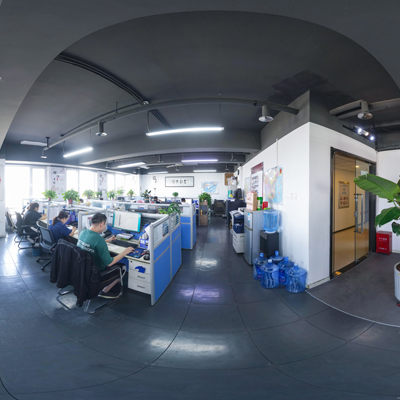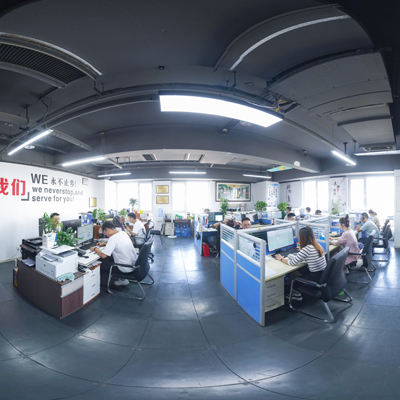What is Vitamin A1 Retinol CAS 68-26-8?
Vitamin A₁ (retinol, CAS 68-26-8) is an essential nutrient and irreplaceable in the fields of vision, immunity and anti-aging. Its application requires a balance between activity and stability (esterification form is preferred), and strictly adheres to the addition limits in food/cosmetics to avoid toxicity risks. Researchers and industrial developers should focus on the transformation efficiency and bioavailability optimization of their derivatives.
Vitamin A1 Retinol CAS 68-26-8 Use
Feed additives: To prevent vitamin A deficiency in livestock and poultry, retinol acetate (with higher stability) is commonly used.
Anti-aging skin care products
Derivatives: Retinol palmitate, retinol acetate, hydroxypinazone retinate (HPR).
Functions: Promote epidermal thickening and collagen regeneration (effective within 24 weeks at 0.4% concentration).
Safety limits: Norway stipulates that retinol ≤0.3% and retinol palmitate ≤0.7%.
Medicine: For the treatment of night blindness, dry eyes, and complications of measles (under the guidance of a doctor to avoid overdose and poisoning).
Vitamin A1 Retinol CAS 68-26-8 safety
Toxicity: Excessive intake (> 100,000 IU/ day) may cause headache, liver damage and decreased bone density.
Stability measures: It should be stored away from light and at low temperatures. The product often enhances its antioxidant properties in the form of acetate/palmitate.
Regulation example:
Taiwan: Capsules/tablets are limited to 10,000 IU (3,000 μg RE) per day.
The European Union (SCCS) : Recognizes the safety of retinol and its esters in cosmetics.
Service
* Prompt reply and 24 hours online, professional team to provide best price and high quality product.
* Sample testing support.
* Every batch of products will be tested to ensureits quality.
*The packing also can be according the customers` requirment.
*Any inquiries will be replied within 24 hours.
*we provide Commerical Invoice, Packing List, Bill of loading, COA , Health certificate and Origin certificate. If your markets have any special requirements, let us know.







